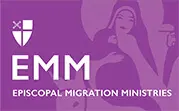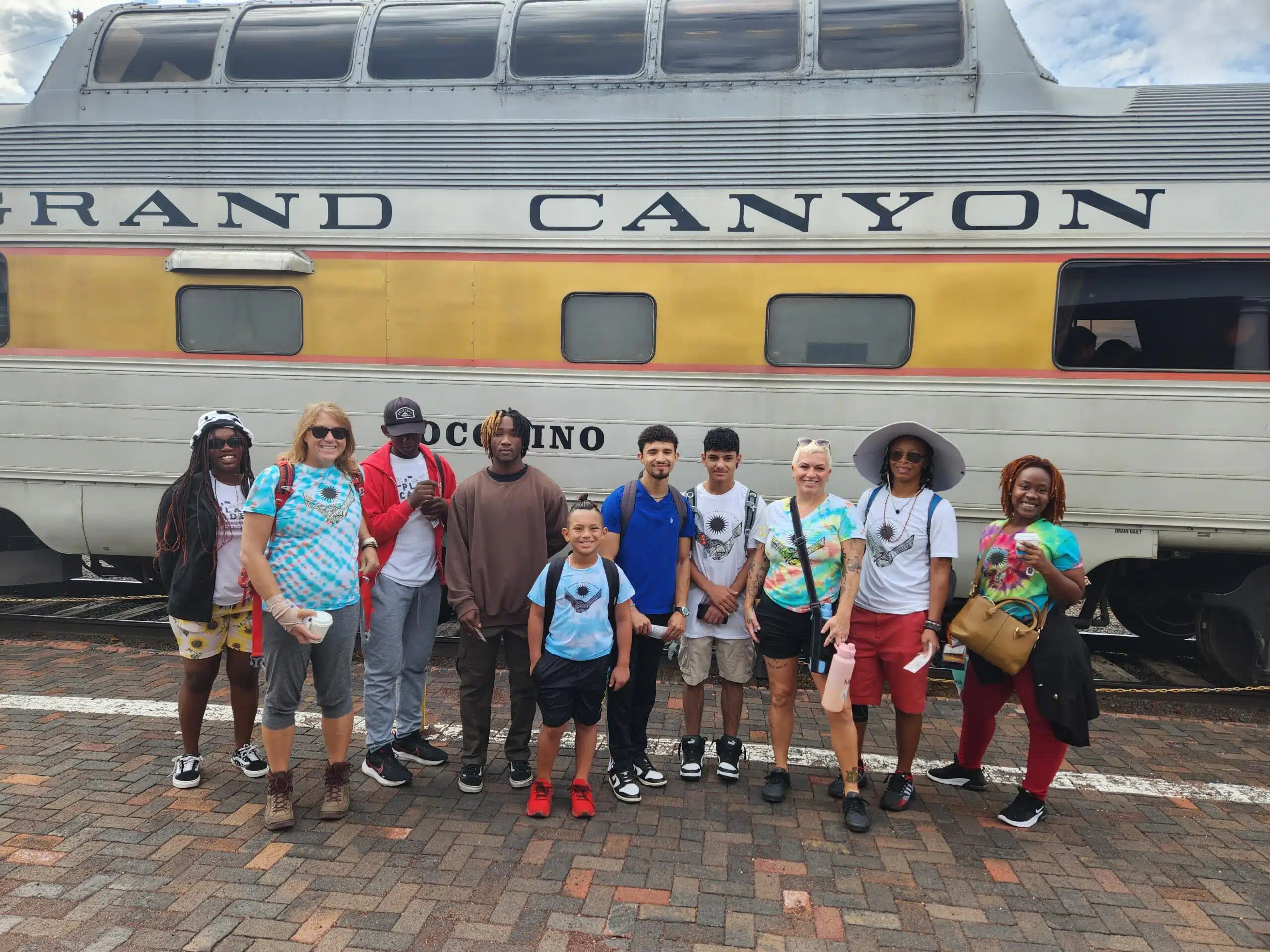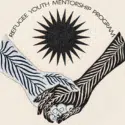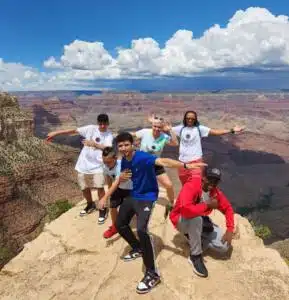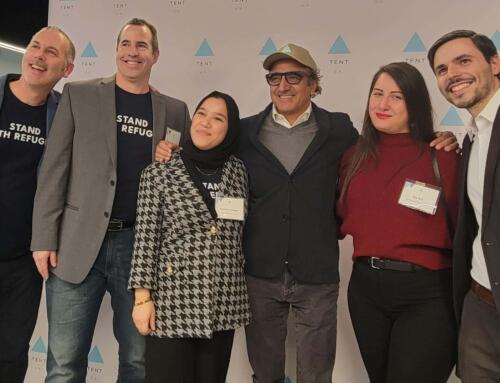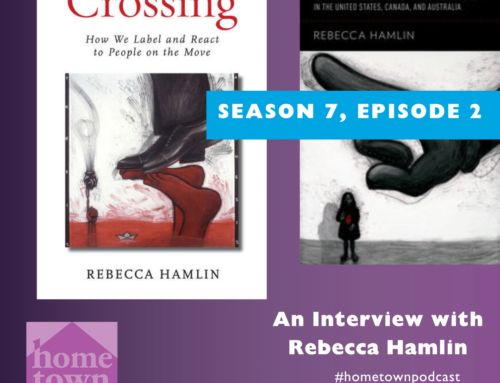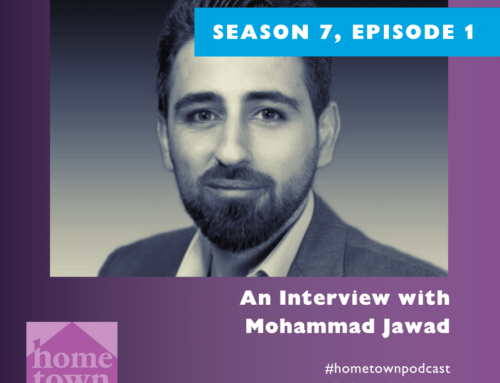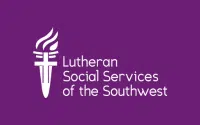
The Refugee Youth Mentorship Program (RYMP) serves youth who have been in the U.S. for no more than five years, helping them develop the skills needed to successfully integrate into their new communities. It does this by fostering self-discovery and a strong sense of community through a cohort of refugee youth, and by matching each young person with an adult mentor.
How does the program work?
When youth begin the program, they meet with a case worker to discern their individual goals: for schooling, work/vocation, and participation in the wider community. This in-take interview, along with considerations of their language skills and other factors, then guides decisions about matching individual youth with a mentor.
Mentors must also apply. They are vetted and trained to ensure they understand the process of refugee resettlement and effective mentorship. While the program requires a commitment of four months from mentees and mentors, many develop relationships that last much longer. Mentors and mentees can also choose to remain involved in the program for more than one cycle.
What do participants do?
Run by two LSS-SW staff members, the RYMP offers three four-month cycles each year. Each cycle begins with a kick-off event where a new cohort of youth participants receive an orientation to the program. They also meet with their assigned mentors for the first time, to discuss their individual goals and agree on the best ways and times to meet. Mentors are expected to communicate with mentees every week and to meet in person at least twice a month.
Participants are encouraged to join in any of the on-going program activities. These include workshops run by RYMP staff or community partners on topics such as resume building, job readiness, financial literacy, and post-secondary and vocational education in the U.S. The program offers tours of colleges and trade schools, opportunities to engage in community events and recreational activities. A mid-term event brings all participants together to assess the progress youth have made towards their individual goals.
What happens at the end of a program cycle?
At the end of the four-month cycle, RYMP staff organize a graduation and a special trip, to honor the work and commitment that both youth and mentors have put in. These overnight trips to Arizona landmarks are designed to help refugee youth deepen their awareness and experience of all that the region has to offer.
In August 2023, RYMP case manager Melissa Benvegno-Bryant and RYMP Coordinator Precious Weah organized a trip to the Grand Canyon for a group of 10 participants, including youth and mentors.
The group traveled by train from Tucson to Williams, Arizona; hiked and observed wildlife in the Grand Canyon; met and talked with author Aaron Johnson, who gave them signed copies of his book, a mystery set in the Grand Canyon; stayed for several nights in a hotel; sampled new foods; and enjoyed interacting with each other and with people they met along the way.
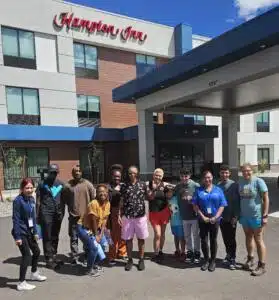
We really enjoy watching these young people grow during their first few months and years in the U.S. and giving them the opportunity to experience firsthand some of the areas that they learn about in school. The graduation trips are a great way to deepen relationships and to celebrate their hard work and dedication to meeting their goals.
How can I support this program?
Anyone interested in serving as a mentor to refugee youth or supporting the program in other ways is encouraged to reach out to Melissa Benvegno-Bryant.
